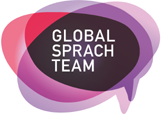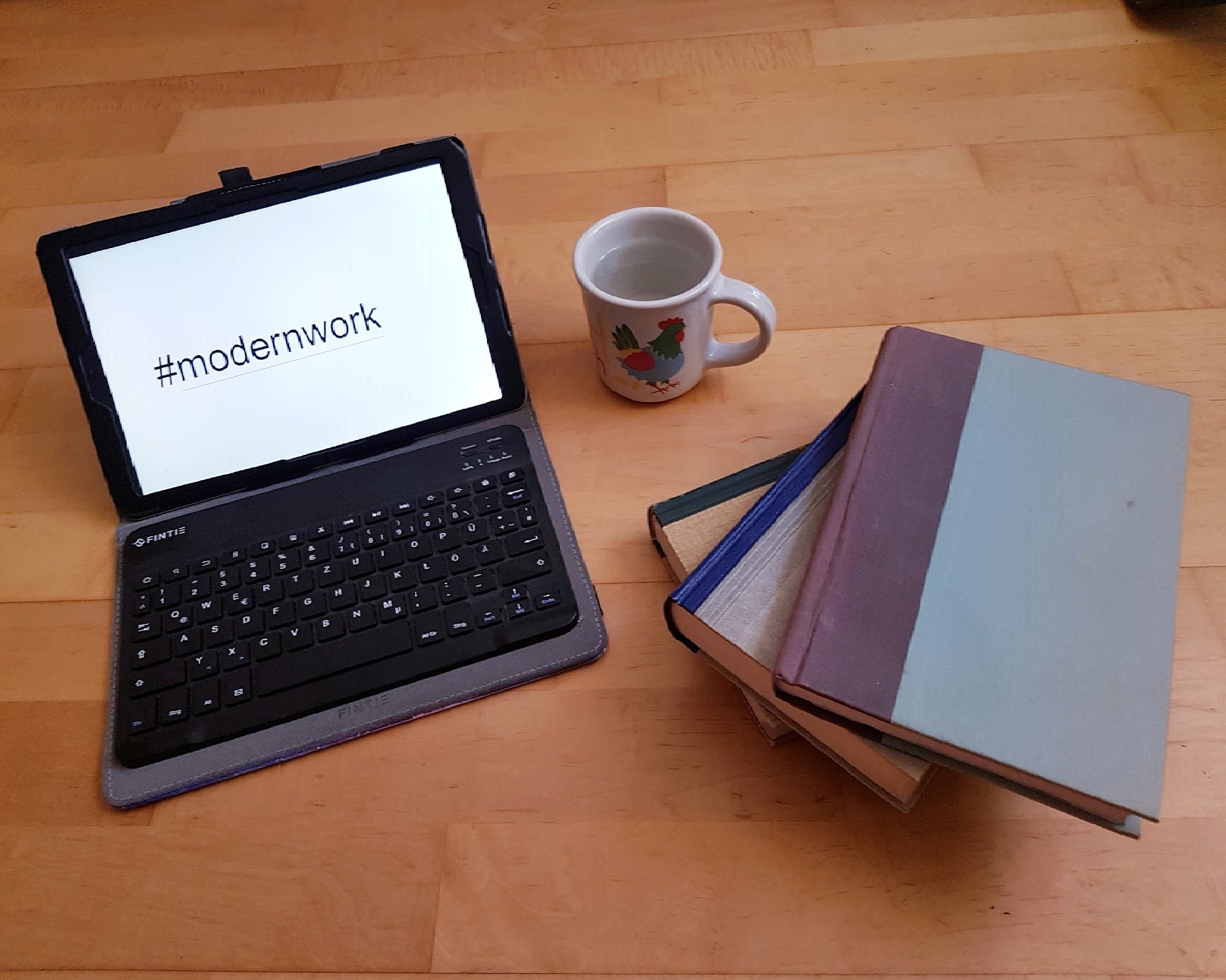The rapidly spreading coronavirus is affecting all aspects of life – work included. This is a new reality with which all of us must now accept. However, companies that have moved their workflows into the modern era are definitely a step ahead. Keep reading to find out what that means and why GlobalSprachTeam can basically work as usual during this crisis.
Flexible work concepts mean freedom.
When the topic of Coronavirus first reached Germany, it all seemed very far away. Of course the footage from China was terrifying, but here, few people were worried about their own daily routines.
But then things moved very fast. In Berlin, the subway trains were noticeably empty during rush hour. And even if many of us were not yet truly scared of becoming infected, everyone definitely had a heightened reaction anytime someone coughed. And slowly but surely, the case numbers rose.
Companies understood that it was time to hash out a contingency plan. What if someone on the team gets infected? What if someone has to be quarantined because they came into contact with an infected person? What if people can’t come into the office? Who will do the work?
At GlobalSprachTeam, we also asked ourselves these questions. We came together to draft a plan. But pretty soon, we realized that we were not looking at a potentially catastrophic situation for us and our clients.
We reached this fortunate conclusion, because our workflow is modern. Modern working means working digitally and flexibly in a tight network.
⦁ Working digitally
We do our work almost exclusively digitally; virtually no step in our workflow is analogue. This means that we can work anywhere where we have access to a computer.
This is not just a theoretical option, either. We’ve been doing it for a while already. Thanks to company laptops, we don’t have to go to work, but can instead take it with us.
⦁ Working flexibly
The reason that working anywhere is a possibility is due to our flexible, contemporary work atmosphere. At GlobalSprachTeam, being able to work from home when it makes sense is not even a question.
People who have children, have to care for parents or even those who get stuck at an airport somewhere after a long weekend don’t have to miss out on work and use up their vacation days. The same goes for issues that come up from time to time such as meter readings or deliveries from moving companies, when it is often the best option to stay in your own four walls.
⦁ Working in a tight network
Just because we don’t always sit all together in one office does not mean that we have to sit sad and alone with our laptops. The whole team is digitally connected and can always keep in touch. Of course we have emails, but we need not go without our project management software, either.
Our workflows remain smooth, no matter where individual team members may currently be. Tasks can be delegated, questions asked and answered, and the collaborative nature of our work remains completely intact.
This was already pretty cool six weeks ago. But now, it’s absolutely essential. A company able to work decentrally can adapt to anything.
At the moment, the team is completely spatially separated. Mentally, it was definitely a shift. But once we got used to it, we saw how normal things really still are. We can take care of our clients just like we always have and do not have to make any compromises when it comes to the quality of our work.
Of course, we are very aware how lucky we are. Many people in technical occupations don’t have these options. Those who work in “essential jobs”, i.e. the people who allow our daily quality of life to remain high, must almost all go into work.
A lot of discussion currently regards childcare. If you have to go to work, your kids need to be in good hands, even now that schools have closed.
Therefore, there need to be far more companies offering their own childcare facilities and options. And just like our flexible work concept at GlobalSprachTeam, this is something that is not just useful during a crisis. In-house childcare lets parents work easier, reduces their stress levels and promotes a diverse workforce.
The current situation is clearly showing us that modern work concepts are worth it. Contemporary workflows that embrace flexibility and mobility are crisis-proof. By now, it should be obvious to everyone that adapting work practices to the modern era is not a luxury.
How has your work been affected by the coronavirus? What does modern work mean to you? Let us know on Twitter!




